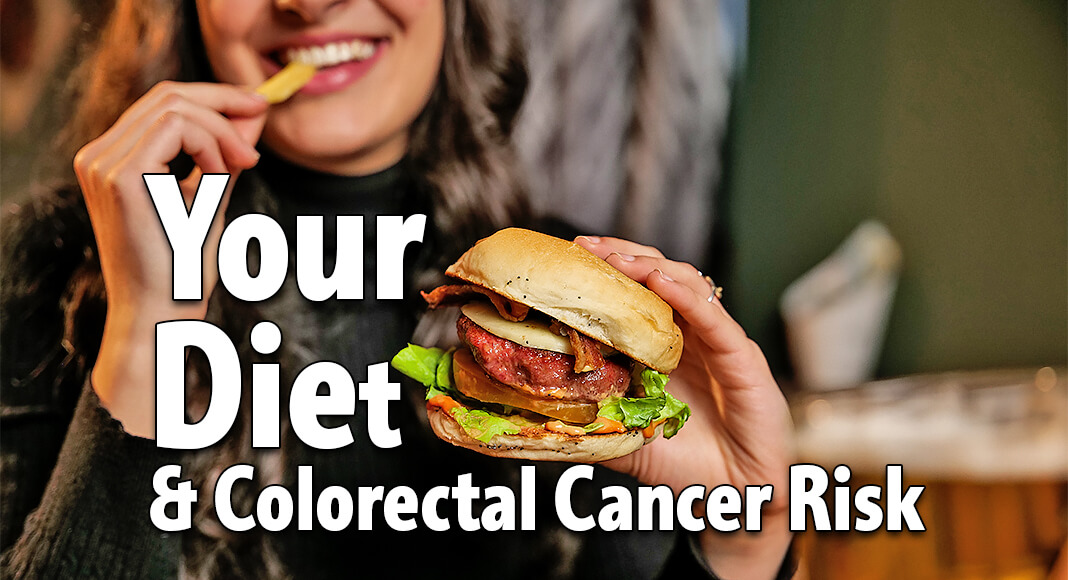
Mega Doctor News
CLEVELAND CLINIC – Cases of colorectal cancer in young adults continue to rise across the United States, and Cleveland Clinic researchers are trying to understand why.
Now, they may be one step closer.
A recent study found what we eat is playing a role, similar to how it does for older adults with colorectal cancer.
“This fits really nicely with the story we’ve known about for a while, which is that red meats and processed meats are definitely a known trigger of colorectal cancer in those who are older, but it seems like it matters just as much, maybe even more so for those who are younger,” said Suneel Kamath, MD, gastrointestinal oncologist for Cleveland Clinic.
Dr. Kamath, who was a lead author on this study, said they looked at data from young adults, under the age of 50, who have colorectal cancer and found that diet is a big risk factor.
Specifically, for those who eat red meat and processed meats, like hot dogs, sausages, anything in a casing, and some deli meats.
He said it has to do with how those meats break down in our body.
So, does this mean people should stop eating them?
Not necessarily, but Dr. Kamath said moderation is key.
He also notes that this research is still ongoing. They plan to examine even more individuals.
In the meantime, he encourages people to adopt a healthy lifestyle and to see their doctor if they notice any unusual symptoms.
“I think people really need to know that they have to advocate for their symptoms and themselves to their doctors. Unfortunately, not everyone knows that younger people are developing this,” he said. “So, there is still this mantra that, ‘Oh don’t worry about it, it’s probably just a hemorrhoid, you’re too young to get cancer.’”
Currently, adults are recommended to start getting colorectal cancer screenings when they turn 45.
However, they may need to be done sooner based on risk and family history.









